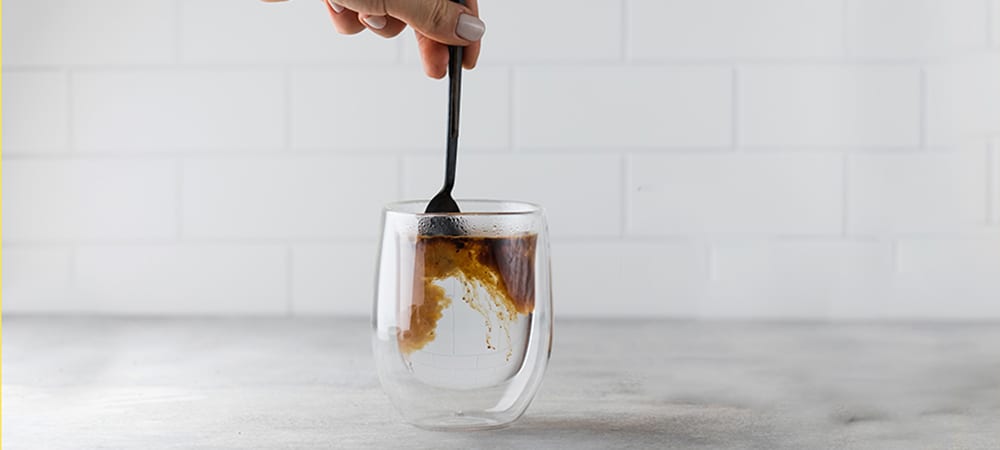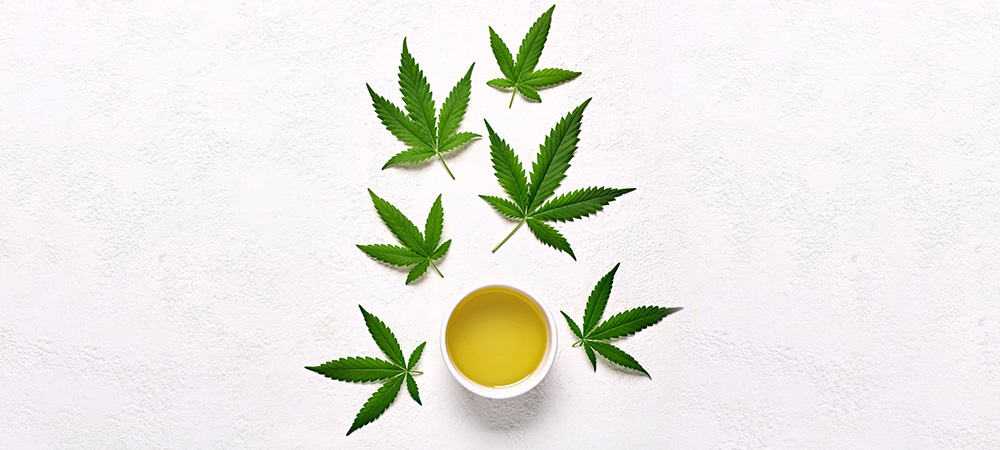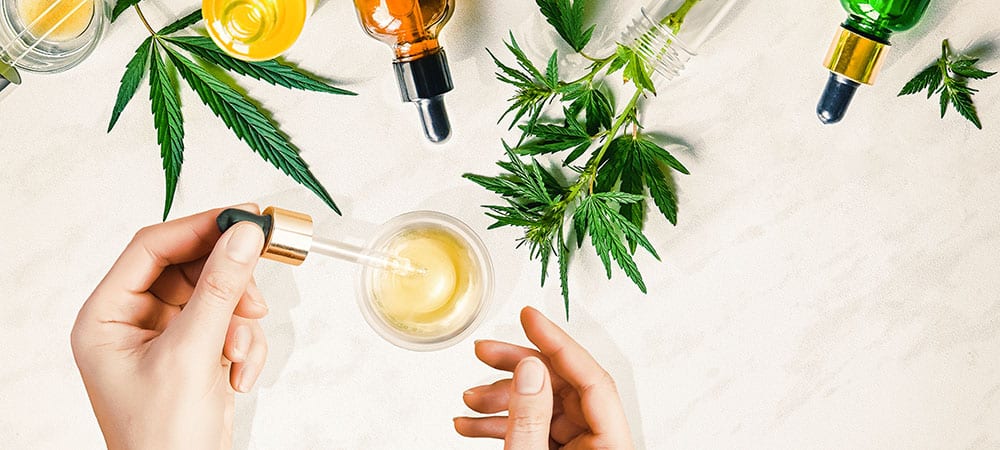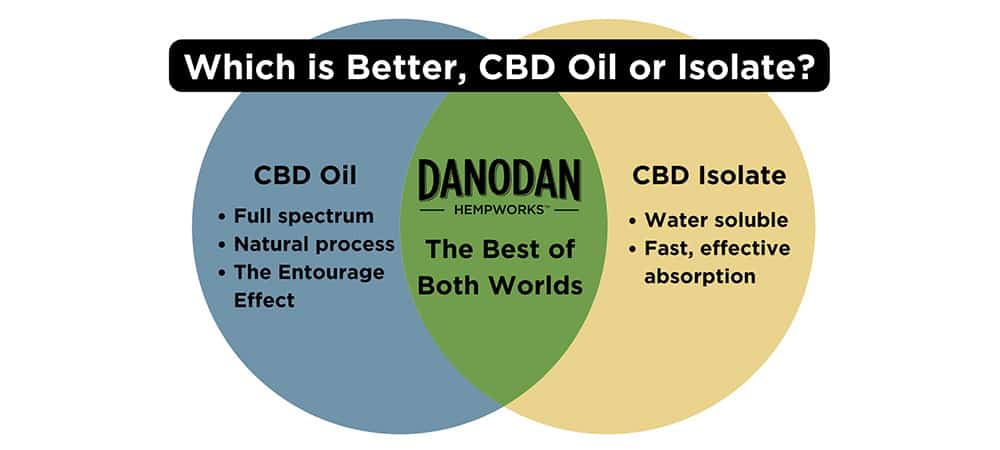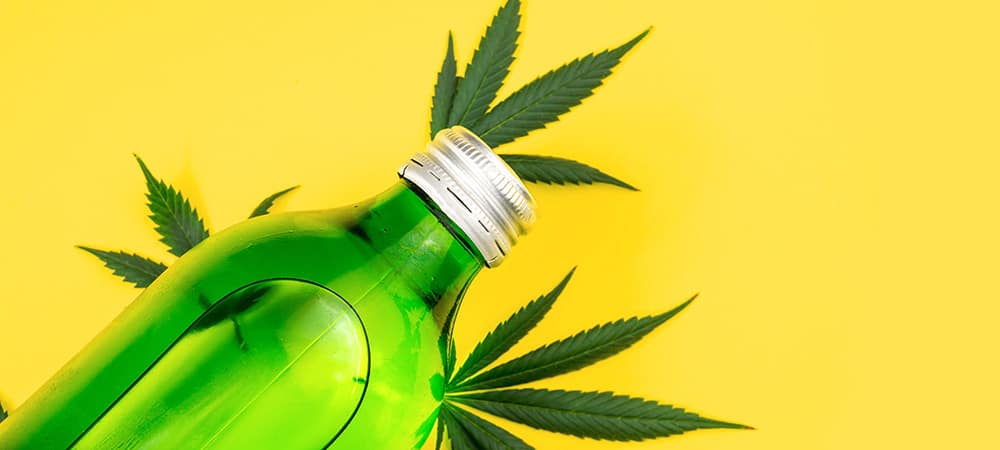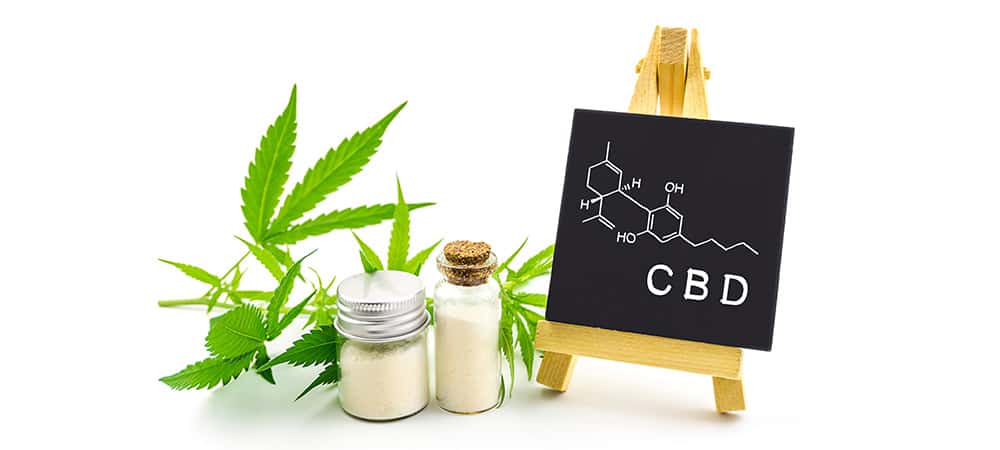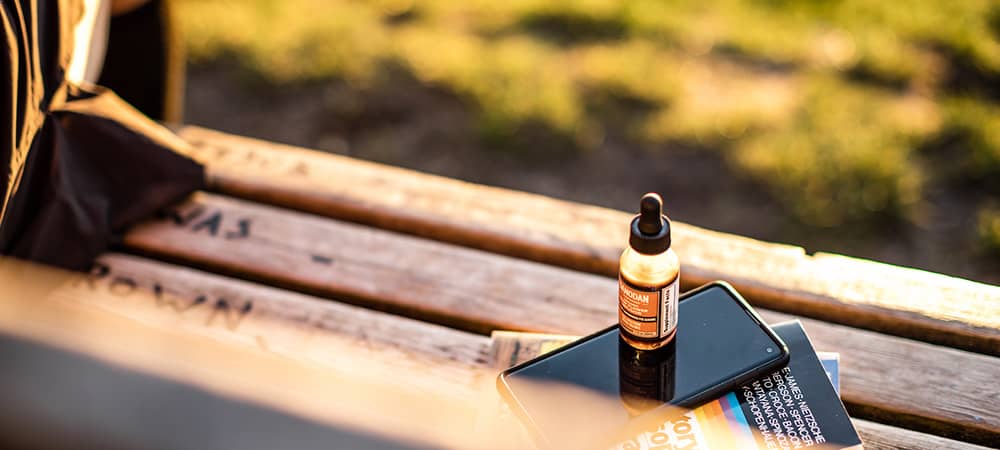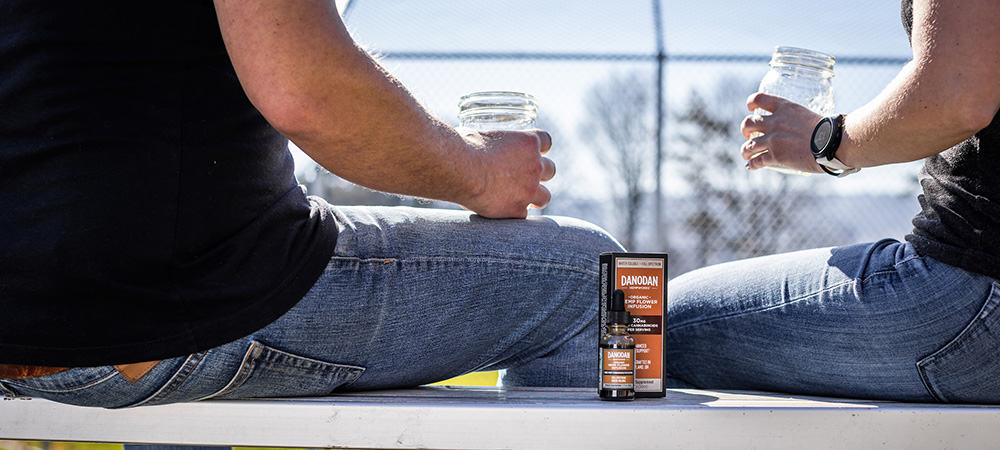
Is Water Soluble CBD Better Than CBD Oil? With Danodan, You Get The Best of Both Worlds
Is water soluble CBD better than CBD oil? It’s a great question and one we get a lot.
Here at Danodan, we make water-soluble hemp tinctures with much more than CBD, so it makes sense that people want to learn about what makes our products different and understand why we do what we do.
First a little chemistry. CBD is the abbreviation for Cannabiniol. CBD is a cannabinoid, a specific class of compounds found in hemp plants.
So far, over 100 different cannabinoids have been identified in hemp. THC, or Tetrahydrocannabinol, is the most well-known of course, for its psychoactive properties.
But what about water soluble CBD and how does it differ from CBD oil?
Is Water Soluble CBD Better Than Oil
Water-soluble CBD and CBD oil are different in important ways. Let’s learn about some of the ways that various substances can be used to extract CBD.
It may come as a surprise, but cannabinoids like CBD are not water soluble.
You could simmer hemp in water for hours but it wouldn’t matter. Water simply isn’t able to hold CBD or any other cannabinoids.
But cannabinoids can dissolve into several other things, oils certainly being one. Here at Danodan, we use a completely different medium for our CBD infusions.
Oils & Fats
Many companies use different oils for their CBD products, and for good reason.
Cannabinoids go into oils and fats nicely which is why there are so many CBD oils available.
Soaking hemp in butter at a simmer temperature for a few hours makes a CBD-rich, hemp-infused butter.
The same thing can be done with any plant-based oils. Think olive oil, sunflower oil, avocado oil, coconut oil, etc. They’re all great options and work well.
The only downside is that you will not have water soluble CBD if it is an oil base, since oil cannot mix into water.
MCT Oil
MCT oil is an oil made from medium-chain triglycerides. MCT oil is very popular for CBD oil because it is usually made from coconut or palm, both of which are readily available.
Also, MCT oil is digested more easily than regular oils and is a good source of energy for our bodies.
Is water soluble CBD better than MCT oil CBD? Probably not, because MCT oil absorbs better than regular oil while also being able to extract full-spectrum hemp cannabinoids, so it will still provide the entourage effect.
But, MCT oil cannot be mixed into a drink, so that is one way that water-soluble CBD is better than MCT. (But don’t forget – with Danodan, you get both!)
CBD Oil – Read Your Labels and Be Wary
CBD Oil is made by adding any one of these inputs into a fresh plant-based oil. MCT oil, olive oil, sunflower oil, and hemp oil derived from hemp seeds are all common options.
Potency and price vary, and the cheaper options are often just CBD isolate in an inexpensive oil and nothing more.
If we look at the absorption rate, CBD oil does not do well. In CBD oils, studies show a staggeringly low 6% to 20% of CBD is absorbed into the bloodstream where it can be used by the body and mind. Of course, it’s these low absorption rates that has driven innovation in water soluble technology.
Using Alcohol for Water-Soluble CBD
It’s fair to call alcohol the original solvent, as people have been making botanical extracts with it for hundreds of years. Similarly, cannabinoids go into alcohol with incredible ease.
Many consider alcohol-based tincture processes to be the superior way to make plant extracts, hemp included. Not only does alcohol hold cannabinoids including CBD, but it grabs up just about every other plant compound as well. It’s powerful, comprehensive, and does not discriminate.
Also, alcohol is water soluble, so a hemp extract using alcohol would be a water soluble CBD. And alcohol can mix with oil, so you could mix a CBD oil and alcohol-based CBD tincture together. Unfortunately, this would not result in a water soluble CBD oil.
Also, alcohol does have a few downsides. Alcohol has a very strong, bad taste and gives you an accompanying burning sensation in the mouth. It can actually be quite painful.
But a pure alcohol extract can be mixed into a drink, making it more tolerable. Another down-side of alcohol is that it can denature certain organic compounds, including some proteins and most aromatic compounds.
Glycerin for Full-Spectrum and Water-Soluble CBD – The Best of Both Worlds
Cannabinoids including CBD along with other hemp plant compounds infuse into glycerin as well.
Compared to oil and alcohol, glycerin is a far more gentle solvent. It’s not as harsh as others, so it ends up preserving the biological viability and synergy of hemp’s compounds.
This is particularly true of hemp’s family of aromatic compounds called terpenes. They give hemp its pungent smell and taste and they also have significant therapeutic value.
Vegetable glycerin is the perfect way to extract all the benefits from hemp, because it can gently grab all the nutrients and compounds like an oil, but it’s water-soluble too!
And infused glycerin has many wonderful benefits. To begin, it is naturally water soluble, it creates a full-spectrum formula, AND it’s delicious. In evaluating taste, glycerin based water soluble CBD is the clear winner.
At Danodan, we use organic vegetable glycerin as our way of extracting CBD and other cannabinoids. And we think it’s the best!
Vegetable glycerin is a syrupy liquid that is made from different oils. Our certified organic vegetable glycerin is made from flax, but others can be made from coconut, soy, and palm.
So, by using organic vegetable glycerin, you don’t have to ask which is better, CBD oil or water soluble CBD – with Danodan, you can have the best of both worlds!
CBD Drinks, Powders, and Other Water-Soluble CBD Products
There are a lot of water soluble CBD options available and, aside from Danodan, basically none of them involve glycerin.
Let’s take a look at how these other water-soluble CBDs are made, their form, and most importantly how much spectrum is available.
CBD Drinks
First, let’s talk about the variety of CBD-infused beverages in stores these days and the companies that make giant quantities of bulk ingredients that these drinks rely on.
Numerous water soluble CBD beverage products on the market today are emulsions. An emulsion is a blend of two or more liquids that are normally not soluble with each other. Oil and water are a common example we’re all familiar with. Emulsification is the successful blending of the liquids into a shelf stable mix for a period of time.
Now the vast majority of these water soluble CBD products use the term Nanoemulsion or nano-emulsification to describe their process. They claim it involves the use of ultrasonic waves that shatter CBD molecules into dozens of tiny CBD “nanoparticles” that are a fraction of their original size. A healthy skepticism and debate around this so-called technology has emerged and continues today.
Pat Reynolds is the Director of Operations at Confidence Analytics, a testing lab in Redmond, WA for hemp, CBD and recreational cannabis. He makes the following very good point:
“A CBD molecule is a CBD molecule. If you break it up into smaller fragments, it is no longer CBD and will not act like CBD. Adding ‘nano’ in front of the word does not change the molecule itself.”
The hemp and CBD industry still have some Wild West ways. And we suspect water soluble CBD products that boast of nanotechnology are primarily referring to emulsion methods that have been widely used for years, in salad dressings, for example.
The other key aspect of these products is that with few exceptions, they only contain isolate of CBD so they have no other hemp plant compounds, so they do not deliver the entourage effect, which many scientists believe is important to providing truly effective hemp benefits.
The takeaway? Be wary of CBD drinks that boast of tech-heavy processes like nano-emulsification. Generally speaking, these forms of water soluble CBD are unnatural and far removed from the true benefits that hemp has to offer.
CBD Isolate Powders
Powders are the other common form for water soluble CBD. They also tend to rely on emulsification and “nano-emulsification”. For example, one CBD isolate products claims to “make it possible for both the novice and professional to build a brand and a product utilizing five core components — high-intensity ultrasonic processor, CBD, distilled water, NanoStabilizer®-LSO, and a drying solution. Armed with these components, customers can build a water-soluble powder profile to add to beverages, edibles and many other types of finished products or to be consumed directly as fast-dissolving tablets. The only limits are the imagination, vision, and desire of our customers.”
Another claims “The process uses no synthetic ingredients or emulsifiers and borrows techniques used for other food-grade powders. Remember that packet of delicious orange goodness found in your box of mac and cheese? It’s made nearly the same way we make our water soluble powder…The result is a highly-versatile water soluble powder that contains no emulsifiers. An ingredient that provides you with nearly endless formulation possibilities while increasing consumer confidence.”
Here again, with few exceptions, these products utilize CBD isolate powder only with no other hemp plant compounds available. And I don’t know about you, but when I’m searching for a quality, health-supporting CBD product, I don’t want it to be favorably compared to the ‘cheese powder’ in a box of Kraft.
How Many Companies Today Make Their CBD oil
CBD oil is widely available. Its manufacture can be a simple process and the barriers to production can be low. A few craft brands like Luminous Botanicals in Portland, OR go the old-school route of simmering hemp directly in a proprietary blend of oils, which leads to a true full-spectrum infusion directly from the hemp flowers.
Unfortunately, the overwhelming majority of CBD oil brands break up their formulas into refind inputs: bulk full extract hemp oil, bulk distillate oil, and bulk CBD isolate. Companies will take these separate ingredients and blend them into any plant-based oil to achieve the desired potency, then bottle them up, slap a label on it, and call it ‘quality’.
At Danodan, we do things very differently. We take whole hemp flowers, grind them fresh for every batch, and slowly infuse them into organic vegetable glycerin. Then, for some of our higher potency or functional products, we add an organic full-extract hemp oil made right here in Oregon, as well as additional organic botanical extracts.
The result is a handmade infusion that honors and celebrates the organic Oregon hemp we use in every batch. A full-spectrum and water-soluble CBD oil unlike anything else. No industrial inputs, no isolates and distillates. Just the power of the whole flower.
Is Water Soluble CBD Better Than CBD Oil? You Don’t Have to Choose
We’re not able to evaluate all the different water soluble technologies and product offerings out there, but we think consumers should be cautious.
We encourage you to do your own research. Look for products with full spectrum cannabinoids and avoid the ones with CBD isolate only.
Here at Danodan, we don’t rely on any industrial technology to make our full-spectrum and water-soluble CBD infusions. Glycerin is naturally water soluble, easy to absorb, and gentle on all of the hemp compounds.
Our higher potency products contain our glycerin infusion with some full extract hemp oil, organic alcohol, and sunflower lecithin added in. We keep it simple and natural because when it comes to your health, we think that nature knows best.
